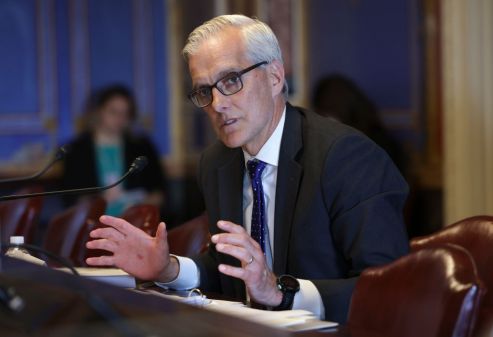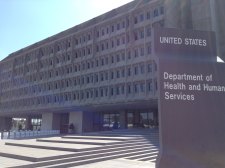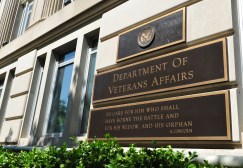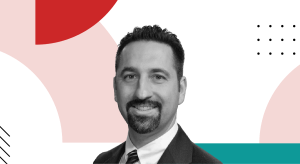VA: Data from 1M veterans will help with cures

A million-strong pool of former U.S. military personnel receiving care in the Department of Veterans Affairs health system could be instrumental in better understanding diseases and curing them, a department official said Tuesday.
The Million Veteran Program, which expects its 500,000th volunteer sometime this fall, looks to collect genomic, clinical, environmental and other health care data of 1 million veterans — to link that to the role of genes in health and disease, such as post traumatic stress disorder, cancer and substance abuse.
With such a vast pool amassed in such a short time, the VA has an opportunity to make great strides in understanding and fighting disease with big data, not only in the veteran community but for the entire country, said Alan Constantian, VA’s deputy CIO for health.
“Can you imagine by the end of this year we have 500,000 elements of data, and we are getting another 200,000 service men and women leaving the military, how much information we will have to figure out breast and ovarian cancer and other cancers that are a result of mutations in the gene pool and being able to do something before for not only veterans, but for the entire population of the U.S.” he said.
Breakthroughs in health IT, such as electronic health records, big data and information sharing have made this all possible, Constantian said, but fighting disease in such a manner is something best suited for government because of its scope and the scale it can handle at a given time.
He highlighted the effort at the 2016 Office of the National Coordinator for Health Information Technology’s Annual Meeting as one of the ways the federal government is leading the way in health IT.
The initiative aligns with the White House’s Precision Medicine Initiative, which is also looking to engage a cohort of 1 million Americans to generate data and trace the links between genetics and disease of the general public. The two programs are working toward an agreement that would allow the sharing of the data between the groups.
“Veterans view enrollment in MVP as an opportunity to continue their service and help other Veterans. And now, MVP is playing an important role in the federal government’s Precision Medicine Initiative and National Cancer Moonshot Initiative, which will give these Veterans an opportunity to help not only their fellow Veterans, but all Americans,” Dr. David Shulkin, VA’s undersecretary for health, wrote in April.
As of April, 472,000 veterans had enrolled in the MVP, 32 percent of whom have reported a cancer diagnosis. The program has already generated one of the world’s largest genomic medical databases, according to the VA.
The rich pool of veteran genomic data — particularly those with cancer — gives the VA a fighting shot at finally understanding the causes of disease, possibly in a predictive manner, Constantian said.
“With the genetic information that we’re capturing in the million veterans program … a cohort of 500,000 moving through the health care system from somewhere in their 20s to death provides an enormous opportunity to use these new health IT tools not on a micro level of an individual, but on a macro level, to discover what are the predictors of disease — sometimes, after the incidents of disease, and sometimes prior to that,” he said.
“We are on the cusp … of using big data and the complex neural network algorithms to move forward in a way that we really haven’t been able to do before.”
Contact the reporter on this story via email at Billy.Mitchell@FedScoop.com or follow him on Twitter @BillyMitchell89. Subscribe to the Daily Scoop to get all the federal IT news you need in your inbox every morning at fdscp.com/sign-me-on.






